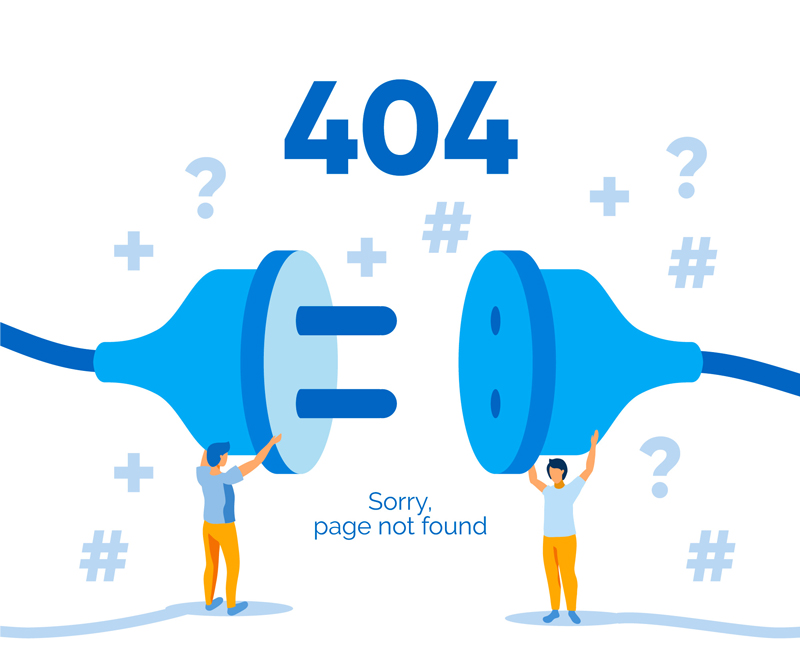The Whizzinator Touch is a groundbreaking synthetic urine device known for its realism and
In the realm of drug testing, a pressing question lingers: does Labcorp test for
Although drug testing remains voluntary, it has become increasingly prevalent across various sectors. In

